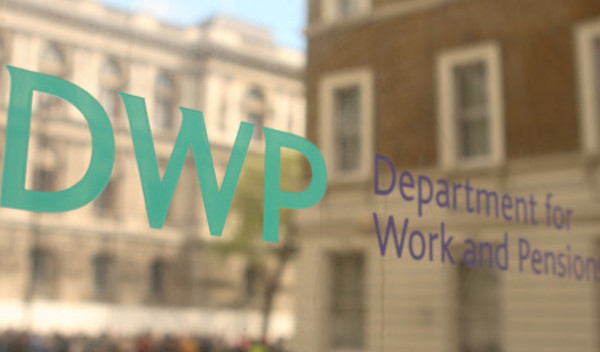

Ex-pension minister Ros Altmann has taken aim at the government over the decision to scrap her former role in favour of the new title ‘under secretary for pensions’, raising the prospect the pensions brief has been downgraded.
The Department of Work & Pensions has named MP for Watford Richard Harrington as ‘under secretary for pensions,’ but stopped short of making him pension minister.
He replaces Baroness Ros Altmann, who resigned from her post as minister of state for pensions on Friday (15 July) as part of prime minister Theresa May’s dramatic government reshuffle.
In a note following Mr Harrington’s appointment, Ms Altmann said “if the downgrading of ministerial responsibility in DWP reflects a move to joined-up policy within the Treasury, then that would make some sense”.
But she warned, “if it poses threats to major planks of pensions policy, then we should be very worried”.
Mr Harrington entered parliament in 2010. On his website he states that he has done parliamentary work on issues relating to health, education and international affairs, but nothing on pensions.
His lack of pensions experience is in stark contrast to his two predecessors. Before joining government in 2015, Baroness Altmann had spent her life working in pensions in various capacities, while her predecessor Steve Webb was Liberal Democrats spokesman for work and pensions for six years from 1999.
A spokesperson for DWP urged the industry not to “read too much into” the name change from “minister of state for pensions” to the apparently less prestigious “under secretary for pensions”, saying Mr Harrington was still a minister, and the role was essentially the same.
“Pensions remain a key priority for the government and the important work to bring in the new state pension, roll-out automatic enrolment and safeguard the pension freedoms will continue under our new minister for pensions,” the spokesperson said, adding that the focus will now be on implementing policy rather than introducing new reforms.
But Baroness Altmann responded to DWP’s assurances with scepticism.
She said: “I do hope that the new government is not going to downgrade pensions - they are so important for millions of people.
“We need to be vigilant that sensible changes are made, hopefully by people who understand how pensions work and care about the long-term implications of policy change.”
Earlier on Monday (18 July) Baroness Altmann revealed she had recommended putting HM Treasury in charge of private pensions.
“I suggested to government last year and last week to move private pensions to Treasury in a new pensions plus long-term savings brief. Is that happening?” she tweeted.
FTAdviser put that question to both DWP and Treasury. At the time of this article’s publication, neither had responded.
Mr Harrington’s only ministerial experience to date has been as “minister for Syrian refugees”, a multi-departmental portfolio that involved “working across government to resettle 20,000 vulnerable Syrian refugees in the UK who are fleeing persecution in the Middle East”.
On welfare issues, Mr Harrington has consistently voted to cut welfare spending. He has never rebelled against the Conservative party line.
Alan Solomons, director of Alpha Investments and Financial Planning, said it was “a shame” to appoint a pensions minister without much pensions experience.
“With Ros Altmann in train, the role of pensions minister was very important. I didn’t always agree with her, but at least you had someone who knew what she was talking about.” However, he pointed out that most ministers know “nothing” about their portfolio, and rely on civil servants to fill them in.
He said the change in job title “definitely” sounded a demotion. He said this could signal an intention to put pensions on the backburner after the considerable change of recent years.
Regarding the suggestion that Treasury could take over responsibility for pensions from DWP, he said he could “see the logic”, adding that it would make sense from a revenue point of view to shift away from pensions towards Isas.
“I don’t see that you need to have both systems,” he said.
Ian Bell, head of pensions at RSM, also expressed concern over the appointment of someone without a background in pensions.
“While many in the sector may have baulked at some of the pensions reforms introduced over the last few years, there was never any doubt that both of the previous pensions ministers were on top of their brief,” he said.
“While we wish the current incumbent every success in his new role, the downgrading of the position from minister to parliamentary under secretary sends a confusing message about the importance of pensions policy in Whitehall – particularly at a time when issues of pension provision have never been higher on the agenda.”
james.fernyhough@ft.com



